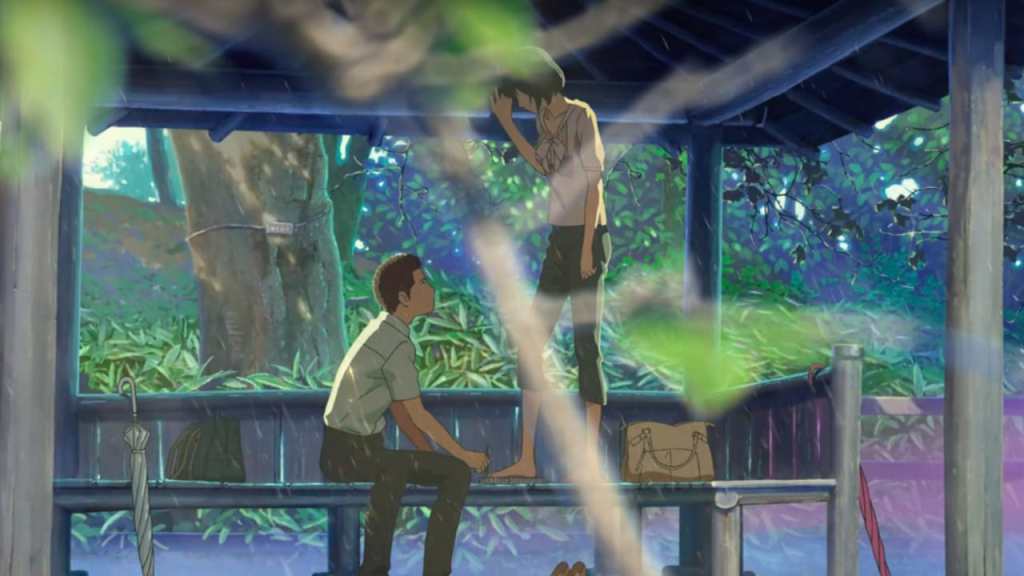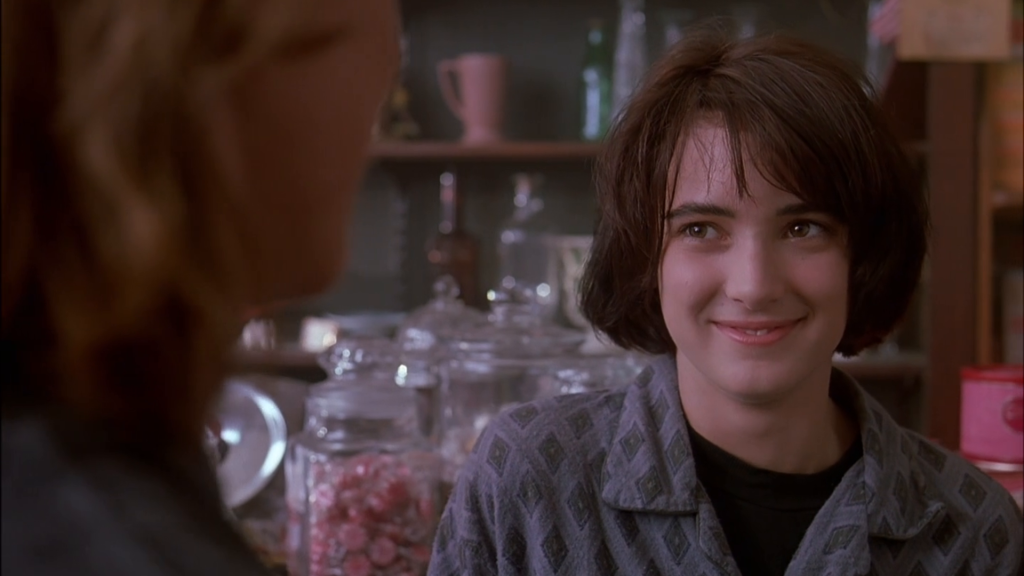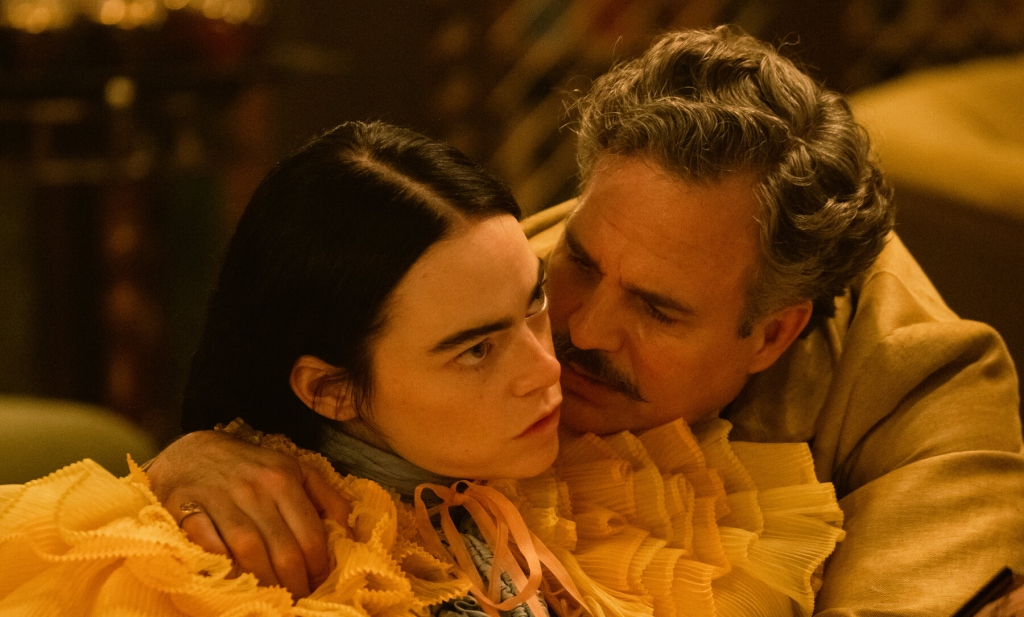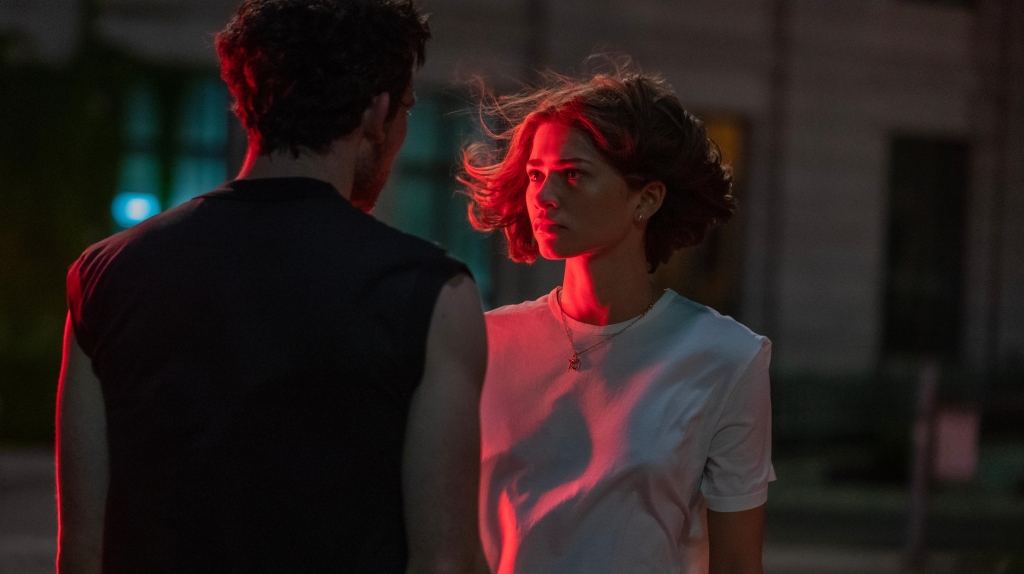Science fiction cinema often feels synonymous with big budgets, glossy production values, and lavish Hollywood tentpoles. Thankfully that isn’t the case in reality. Cutting-edge filmmaking tools are getting cheaper and cheaper, while an interconnected world is bringing films from all countries and cultures closer together. There is a whole world of contemporary science fiction films out there that, without Hollywood-level funding or A-list stars, have to make do on inventive storytelling, innovative production processes, and straight-up great science fiction ideas.
Here are 10 examples, drawn from the last four years and from a host of different countries, that are well worth your time in tracking down. If you are keen on any of them, I have included links to FictionMachine reviews at the end of each one.
 10. Molly
10. Molly
(2017, Netherlands, d. Colinda Bongers and Thijs Meuwese.)
Post-apocalyptic narratives are manna from heaven for low-budget SF filmmakers, in much the same way zombies are for the horror crowd. They are an easy setting and style to afford: indeed the genre formed pretty much for reasons of cost. Find a deserted building site or a deserted beach, and you have an affordable setting for all manner of near-future drama. Molly is a Dutch production with a strong lead (Julia Batelaan) and finds a lot of inventive angles and opportunities on a small scale. Its action-based climax is particularly impressive, delivering a lot of value on a limited budget. (review)
 9. Synchronic
9. Synchronic
(2019, USA, d. Aaron Moorhead and Justin Benson.)
To be honest, any of Moorhead and Benson’s features would sit comfortably in a list such as this, whether their monster romance Spring or their trippy time-loop thriller The Endless. It is worth checking out their most recent work, which pairs Anthony Mackie and Jamie Dornan in a story about an illegal narcotic and a disappearing teenager. This is the best kind of small-scale science fiction film: one in which its creators have properly sat down and thought through the implications of their premise. It’s a great twist on a typical kind of SF narrative; one best found out for yourself. (review)
 8. Come True
8. Come True
(2020, Canada, d. Anthony Scott Burns.)
It packs one of the most divisive endings for a science fiction film, but Anthony Scott Burns’ deeply unsettling and weird thriller Come True is a remarkable piece of work. A troubled young woman (Julia Sarah Stone) signs up for a sleep study as a means to make ends meet, only to find her sleep plagued with nightmarish black figures living on the edges of her dreams. This steps very much into the whole ‘experiment goes wrong’ style of science fiction feature, but what it lacks in terms of Altered States or The Fly body horror, it more than makes up for in bleak nightmare imagery and an increasingly paranoid narrative. (review)
 7. Possessor
7. Possessor
(2020, Canada/UK, d. Brandon Cronenberg.)
A technology that allows for individuals to take over the bodies of other people is utilised by a professional killer (Andrea Riseborough) to secretly take out her victims. Brandon Cronenberg, son of David, showcases as finely tuned a taste for paranoid body horror as his father. Possessor is a dark, regularly disturbing story about how dangerous technology can be, and how far it can dislocate a person from their everyday life. Riseborough is tremendous in it, although squeamish viewers may blanch at some of the violence; there’s quite a lot of blood. (review)
 6. Jesus Shows You the Way to the Highway
6. Jesus Shows You the Way to the Highway
(2019, Spain/Estonia/Ethiopia/Latvia/Romania, d. Miguel Llanso.)
A CIA agent looking to get out of the spy game reluctantly agrees to enter cyberspace and shut down a rogue computer virus – only to get trapped inside. Miguel Llanso’s absurd thriller is the strangest film on this list by far: stop motion animation, cut-out photographs, and a bizarre sense of pop culture collage dominate this inventive mini-masterpiece. There simply isn’t a film quite like it – even Llansa’s own earlier SF short feature Crumbs (2015). Afro-futurism, surrealism, espionage, and comedy all get blended into the one bug-eyed package. This is one of those films you watch simply because it exists: funded via an improbable number of countries, produced on a shoe-string budget (Kickstarter money was involved), and made with a blissful degree of artistic freedom. (review)
 5. Annihilation
5. Annihilation
(2018, USA, d. Alex Garland.)
A much bigger film than the others on this list, Annihilation was produced as a glossy science fiction release for Paramount Pictures before market testing suggested they would be better off selling it wholesale to Netflix than release it into cinemas. It is a deep shame, as the film’s trippy and elaborate visuals as good as demand the biggest screen possible. An outstanding cast includes Natalie Portman, Tessa Thompson, and Oscar Isaac, while a deeply weird and unsettling story – based on a Jeff Vandermeer novel – promises a wide range of odd scenes, encounters, and increasingly strange biological horror. (review)
 4. Last Sunrise
4. Last Sunrise
(2019, China, d. Wen Ren.)
The Chinese blockbuster The Wandering Earth (2019) based its premise on the idea of humanity physically moving the entire planet to a new solar system when it becomes clear that our own sun is dying. Quietly released in its shadow was Wen Ren’s Last Sunrise, a much smaller and more intimate film based on a similar premise. The sun is dead, plunging the planet Earth into darkness, and sending its people racing for shelter before surface temperatures fall too low for humans to survive. Unlike its stable-mate, Last Sunrise is a bleak, mournful experience with a focus on character and society. It is neither better nor worse, but a significantly different take on the same premise. (review)
 3. Aniara
3. Aniara
(2018, Sweden, d. Pella Kågerman and Hugo Lilja.)
It is a fairly common science fiction story for a starship’s engines to misfire or otherwise malfunction, leading its crew into a race against time to avoid drifting endlessly into the void. Aniara, a Swedish feature curiously based on a poem, takes the step other stories like this fear to tread: what if that race against time fails? What happens once your starship does drift hopelessly beyond rescue? Directors Kågerman and Lilja don’t pull any punches in this bleak, unflinching, and jaw-dropping depiction of a micro-society driven to collapse. It has the feel of those grand, ideas-focused SF films of the 1960s and 1970s, and absolutely deserves a broader international audience than it received. (review)
 2. Little Joe
2. Little Joe
(2019, Austria/Germany/UK, d. Jessica Hausner.)
Seemingly pulled from the pages of a novel John Wyndham never wrote, Little Joe is a wonderful slow-burn science fiction story about a genetic engineering project. The aim of its lead scientists (played marvellously by Emily Beecham and Ben Whishaw) is to create a calming plant that influences the owner’s mood as they care for it. As the experiment begins to generate unexpected effects, it turns from quiet, unsettling drama into an uncreasingly suspenseful thriller. Followers of Wyndham often refer to his very English sense of a ‘cosy apocalypse’. Little Joe seems steeped in that mood, and it expresses it beautifully. (review)
 1. Beyond the Infinite Two Minutes
1. Beyond the Infinite Two Minutes
(2020, Japan, d. Junta Yamaguchi.)
The owner of a Japanese cafe finishes up for the night and retires to his apartment upstairs. In the living room he sees himself on the television, apparently speaking from the cafe below – 120 seconds into the future. He runs downstairs, only to find himself staring at his living room through a monitor – where it is now 120 seconds into the past. What ensues from this set-up is a single-shot time travel story, developed with a startling imagination and an unprecedented recognition of story potential for such a basic premise. It is laugh-out-loud funny stuff, boasting mind-blowing concepts and a hugely inventive storyline. Produced by a Japanese theatre troupe, it is a current front-runner to be my favourite film of the year. It is the most enchanted and surprised I have been by a new SF film in some time. (review)





Leave a comment